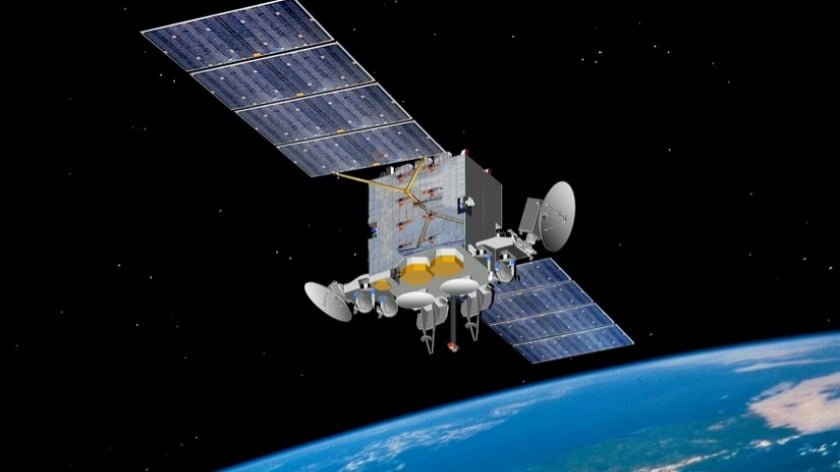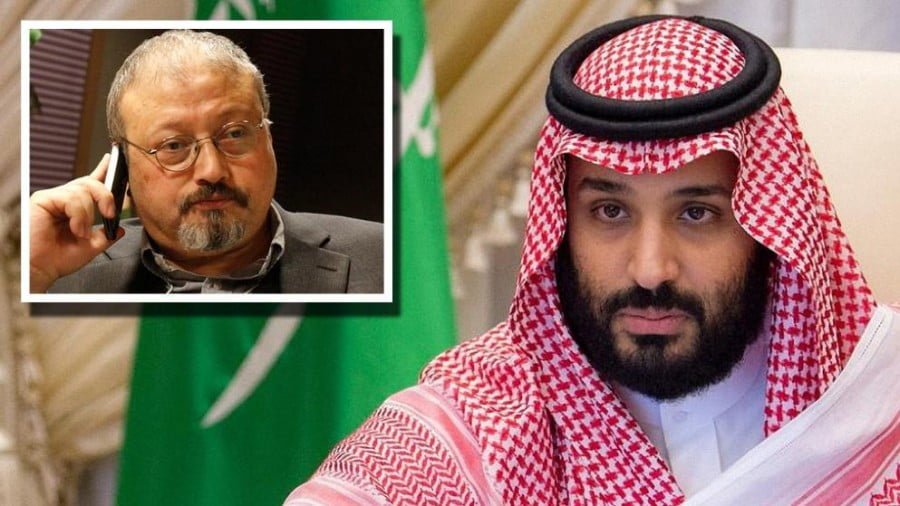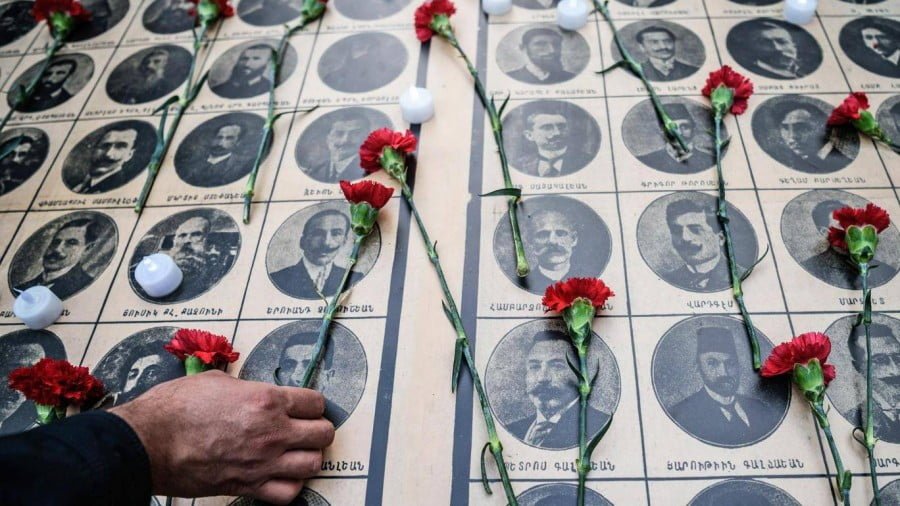The Russian-Pakistani Space Pact Is an Important Step in Their Strategic Partnership
The two Great Powers signed a joint statement committing to do their utmost to prevent the militarization of space after Trump declared the creation of the US’ so-called “Space Force” and India tested an anti-satellite missile, showing that the Russian-Pakistani Strategic Partnership is finally beginning to feel confident enough to at least rhetorically confront its American-Indian foil.
The Space Pact
Russia and Pakistan took their strategic partnership to the next level with their recently agreed-to space pact committing each of them to do their utmost to prevent the militarization of space. Here’s the joint statement that the two Great Powers signed, according to a press release issued to journalists by Islamabad (the bold text is from the original):
“The Russian Federation and the Islamic Republic of Pakistan,
Noting the significance of Outer Space activities as an important factor of social, economic, scientific and technological development of States, as well as their role in maintaining national and global security,
Believe that Outer Space should be used in compliance with international law for the benefit of all Nations, regardless of the level of their economic, scientific or technological development,
Reiterate their commitment to the principle enshrined in Article 2 of the United Nations Charter – to refrain in international relations from the threat or use of force, including in Outer Space activities – and proceed from the assumption that all States will strictly adhere to that policy,
Emphasize that the achievement of an international treaty preventing the arms race in Outer Space as well as banning the placement or use of weapons therein is a priority for the international community,
Declare that they will not in any way be the first to place weapons of any kind in Outer Space, that they will make all possible efforts to prevent Outer Space from becoming an arena for military confrontation and to ensure security in Outer Space activities. The Russian Federation and the Islamic Republic of Pakistan call upon Space-faring Nations to follow their example.
Done on the 22nd of May, 2019 in Bishkek.”
It’s important to note the international context in which this pact was made: Trump declared the creation of the so-called “Space Force” last year and India tested an anti-satellite missile just a few months ago. Additionally, Russia didn’t react as India expected to the second-mentioned development and actually called on its Soviet-era partner to join a multilateral mechanism alongside China to prevent the militarization of space.
“Balancing” Against India
It’s probably because India ignored Russia’s outreach that Moscow inked its space pact with New Delhi’s rivals in Islamabad as part of its hemisphere-wide “balancing” strategy that it’s now applying in this part of the world following its recent “Return to South Asia“. In addition, despite India’s “deep state” machinations inside Russia, Moscow no longer trusts New Delhi after its Ambassador lied to his hosts about rejecting international mediation during the latest regional crisis and Trump made Modi an enticing carrot-and-stick deal to replace the forthcoming S-400s with THAADs in order to avoid being sanctioned. Moreover, Moscow is also very concerned that the so-called “Indo-Pacific” strategy is just an “artificially imposed” pro-American concept for using India to “contain” China, so India’s refusal to seriously consider Russia’s multilateral space pact proposal was likely seen by the Kremlin as confirmation that New Delhi is doing Washington’s bidding and can’t be geopolitically relied upon anymore.
Strengthening The Russian-Pakistani Strategic Partnership
These strategic considerations explain why Russia took the unprecedented step of agreeing to a space pact with Pakistan, which is actually something that the author recommended in his white paper on bilateral relations last year titled “The Roadmap For ‘Rusi-Pakistani Yaar Yaar’” when he wrote that one of the technical-infrastructural goals to be pursued by both Great Powers is to “reach for the stars by inking space and satellite cooperation agreements”. That’s precisely what just happened and it proves that their strategic partnership is accelerating at a pace that not even the most optimistic observer could have predicted, which is due to Russia’s sincere desire to make the global pivot state the key component in the interconnected Multipolar Trilateral and Golden Ring structures for restoring geopolitical balance to Eurasia following the US’ game-changing military-strategic alliance with India.
Rhetorically Confronting The US & India
Altogether, the Russian-Pakistani space pact significantly symbolizes the first instance in which both countries jointly confronted the US and India, at least rhetorically and in an indirect manner. For all of its geopolitical unreliability, India is still one of Russia’s most important partners because their multibillion-dollar military and nuclear energy deals provide valuable sanctions-relieving revenue for the Kremlin’s coffers, so Moscow isn’t yet comfortable with directly confronting New Delhi for fear that the South Asian state will blackmail it by instrumentalizing these agreements for political purposes. This objectively speaks to the lopsided partnership between the two and their surprisingly reversed roles in this relationship, but it’s nevertheless important that Russia is finally beginning to “gently” push back against India and is using none other than Pakistan to do so.
By Andrew Korybko
Source: Eurasia Future







